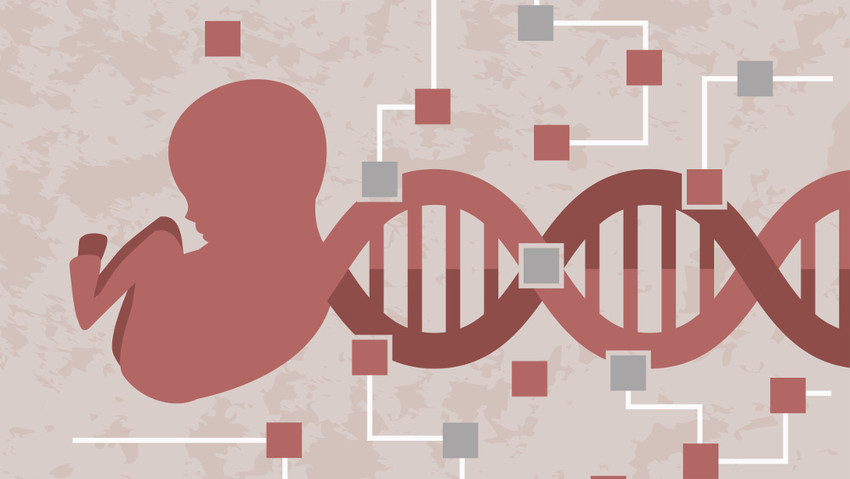Researchers and bioethicists to pause germline editing
Last October, the announcement by Chinese researcher He Jiankui of the birth of HIV-resistant, genome-edited girl twins shook the world. Jiankui mutated the embryos of an HIV-infected mother to express a defective CCR5 protein using CRISPR-Cas9 technology, the entry port for the virus.
In mid-March, researchers led by the inventors of CRISPR-Cas9 technology, Emmanuelle Charpentier and Feng Zhang, called for a five-year moratoriumon clinical application of such germline intervention. Their call comes three years after the European Group on Ethics in Science and Technology (EGE) recommended to put such a ban on clinical germline intervention. Researchers and bioethicists, however, claimed that theywant to create a framework that allowsresearch on germline intervention.
While showcased indignation on germline intervention is high, the way to control science and to establish a moratorium in countries that principally allow germline intervention, such as Belgium, or do not prohibit it explicitly is unclear.
Global action needed
In May, the Chinese government established the requirement to obtain approval from an ethics committee prior to any germline intervention. Thus far, the researcher only needed to register their trials. The World Health Organisation is working to establish transparency by setting up a registry for CRISPR studies on germline, as well as on somatic cells. Bioethics experts, in contrast to some EU policy makers, no longer tend to prohibit germline intervention for ethical reasons.
George Ciamba, member of the European Council, made clear that "germline interventions go against the Human Rights Charta of the European Union." While German MEP Peter Liese claimed that germline interventions "are generally unjustifiable," bioethics experts of the German Ethics Council concluded that the human germline "no longer is inviolable." In a broad bioethical analysis handed out to German research minister Anja Karliczek, they said that clinical application is currently too risky; however, further research into the field should be encouraged, as long as no human embryos are utilised. According to the EGE, the "forty year old global consensus on prohibiting human germline gene modification has come under significant pressure" since "the announcement in April 2015 of genome editing of non-viable human embryos using CRISPR -Cas9."
Ethics debate required
Both ethics panels, however, caution against reducing the debate to safety issues, or simply weighing the potential health risks against the health benefits of gene editing technologies.
First publishd in European Biotechnology, Summer 2019 Edition




